7 start with O start with O
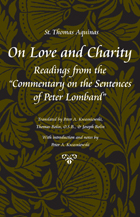
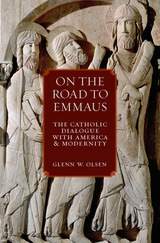
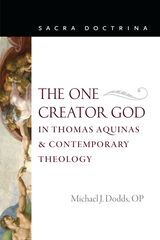
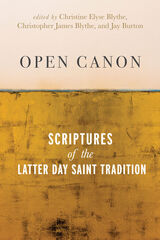
Chapters cover both well-studied and lesser-studied works, introducing readers to scripture dictated by nineteenth- and twentieth-century revelators such as James Strang, Lucy Mack Smith, Sidney Rigdon, Harry Edgar Baker, and Charles B. Thompson, among others. Contributors detail how various Latter Day Saint denominations responded to scriptures introduced during the ministry of Joseph Smith and how churches have employed the Book of Mormon, the Doctrine and Covenants, and the Lectures of Faith over time. Bringing together studies from across denominational boundaries, this book considers what we can learn about Latter Day Saint resistance to the closed canon and the nature of a new American scriptural tradition.
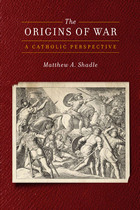
Debate rages within the Catholic Church about the ethics of war and peace, but the simple question of why wars begin is too often neglected. Catholics’ assumptions about the causes of conflict are almost always drawn uncritically from international relations theory—a field dominated by liberalism, realism, and Marxism—which is not always consistent with Catholic theology.
In The Origins of War, Matthew A. Shadle examines several sources to better understand why war happens. His retrieval of biblical literature and the teachings of figures from church tradition sets the course for the book. Shadle then explores the growing awareness of historical consciousness within the Catholic tradition—the way beliefs and actions are shaped by time, place, and culture. He examines the work of contemporary Catholic thinkers like Pope John Paul II, Jacques Maritain, John Courtney Murray, Dorothy Day, Brian Hehir, and George Weigel. In the constructive part of the book, Shadle analyzes the movement within international relations theory known as constructivism—which proposes that war is largely governed by a set of socially constructed and cultural influences. Constructivism, Shadle claims, presents a way of interpreting international politics that is highly amenable to a Catholic worldview and can provide a new direction for the Christian vocation of peacemaking.
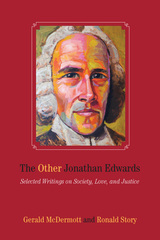
Through a selection of sermons and primary writings, McDermott and Story reveal an Edwards who preached love toward all humanity regardless of belief or appearance; who demanded private and public charity to the poor; who criticized hard-hearted business dealings as impious and socially destructive; and who condemned envy and status-seeking as anti-Christian and anti-community. This "other" Jonathan Edwards preached about grace and the love of God but also about responsive constitutional government, the iniquities of hypocrisy and corruption, and the nature of wise leadership. He acknowledged the need for national defense but left room for popular revolt from tyranny. He anticipated a millennial age of peace and prosperity and believed that people should live in the world as they would live through grace in heaven.
Jonathan Edwards was, in sum, a worldly as well as spiritual reformer who resisted the materialistic, acquisitive, and individualistic currents of American culture. For these reasons, McDermott and Story think he may have lessons to teach us today.
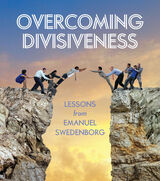
If you’ve been troubled by the broader divides in society, or if there’s a conflict within your own life that’s been a source of pain and anxiety, some spiritually focused thoughts on how to create harmony between those opposing sides may be just what you need. But be warned: as Emanuel Swedenborg tells us, the first step to overcoming a conflict is to look within yourself.
Overcoming Divisiveness contains passages from Swedenborg’s works that give not only insights into the roots of interpersonal conflicts but also perspectives on how to overcome them. Each chapter begins with a brief introduction to a group of related passages. Following each passage, you’ll find the core idea expressed in that passage along with a short description of what it entails, as well as questions for discussion or reflection that are intended to help illustrate how that concept can be directly and meaningfully applied to daily life. You are invited to read the passages from Swedenborg when you need inspiration, use the quotes and reflections as a starting point for a group discussion, or simply enjoy the material as food for your own spiritual journey. You might also find the passages to be inspiration for your own prayers, meditations, creative works, or other techniques for connecting with the Divine.
READERS
Browse our collection.
PUBLISHERS
See BiblioVault's publisher services.
STUDENT SERVICES
Files for college accessibility offices.
UChicago Accessibility Resources
home | accessibility | search | about | contact us
BiblioVault ® 2001 - 2024
The University of Chicago Press









